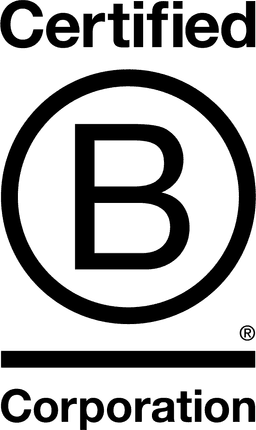

Living Italian Luxury SA

1.6
Ticino, Switzerland
March 2022
Furniture
Wholesale/Retail
Austria,
Finland,
France,
Germany,
Ireland,
Italy,
Luxembourg,
Monaco,
Norway,
Spain,
Sweden,
Switzerland,
United Kingdom,
United States
SUSTAINABLE AND LUXURIOS INTERIORS - Living Italian Luxury (LIL) carries forward the family’s craftsmanship in creating sustainable, bespoke furniture and breath-taking interiors, manufactured in Italy since 1940. LIL offers a turnkey service from design to manufacturing and installation for private residences, hotels, yachts, and offices, leveraging its unique sustainability DNA. LIL developed sustainable components made from recycled materials, for example, fabrics made from recycled plastic bottles and recycled cotton from the fashion industry, which are luxurious at the touch and environmentally friendly. Furthermore, LIL uses other sustainable production inputs like wood not coming from virgin forests, vegan leathers made from natural sources to ensure cruelty free products, and many more. LIL is also conscious of its carbon footprint compensating its carbon emissions to ensure carbon-free products. In addition, from an ethical viewpoint, LIL donates 2% of its revenues to NGOs to create a better and healthier world through its business. LIL is committed to creating a more sustainable future for our people, communities, and the planet: LIL is proud to join the B Corp community as a key milestone to its commitment to create a better world.
Overall B Impact Score
Governance 13.6
Governance evaluates a company's overall mission, engagement around its social/environmental impact, ethics, and transparency. This section also evaluates the ability of a company to protect their mission and formally consider stakeholders in decision making through their corporate structure (e.g. benefit corporation) or corporate governing documents.
What is this? A company with an Impact Business Model is intentionally designed to create a specific positive outcome for one of its stakeholders - such as workers, community, environment, or customers.
Workers 19.3
Workers evaluates a company’s contributions to its employees’ financial security, health & safety, wellness, career development, and engagement & satisfaction. In addition, this section recognizes business models designed to benefit workers, such as companies that are at least 40% owned by non-executive employees and those that have workforce development programs to support individuals with barriers to employment.
Community 35.1
Community evaluates a company’s engagement with and impact on the communities in which it operates, hires from, and sources from. Topics include diversity, equity & inclusion, economic impact, civic engagement, charitable giving, and supply chain management. In addition, this section recognizes business models that are designed to address specific community-oriented problems, such as poverty alleviation through fair trade sourcing or distribution via microenterprises, producer cooperative models, locally focused economic development, and formal charitable giving commitments.
What is this? A company with an Impact Business Model is intentionally designed to create a specific positive outcome for one of its stakeholders - such as workers, community, environment, or customers.
Environment 35.3
Environment evaluates a company’s overall environmental management practices as well as its impact on the air, climate, water, land, and biodiversity. This includes the direct impact of a company’s operations and, when applicable its supply chain and distribution channels. This section also recognizes companies with environmentally innovative production processes and those that sell products or services that have a positive environmental impact. Some examples might include products and services that create renewable energy, reduce consumption or waste, conserve land or wildlife, provide less toxic alternatives to the market, or educate people about environmental problems.
What is this? A company with an Impact Business Model is intentionally designed to create a specific positive outcome for one of its stakeholders - such as workers, community, environment, or customers.
Customers 1.7
Customers evaluates a company’s stewardship of its customers through the quality of its products and services, ethical marketing, data privacy and security, and feedback channels. In addition, this section recognizes products or services that are designed to address a particular social problem for or through its customers, such as health or educational products, arts & media products, serving underserved customers/clients, and services that improve the social impact of other businesses or organizations.